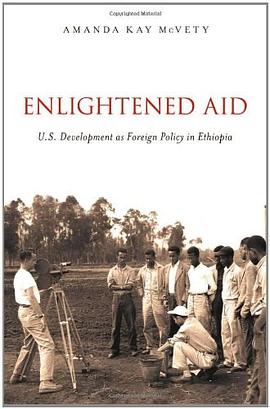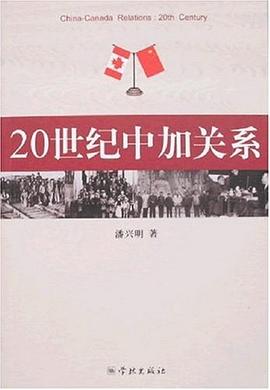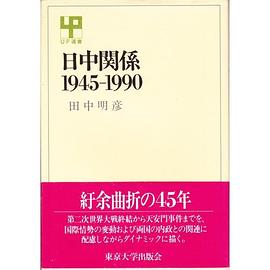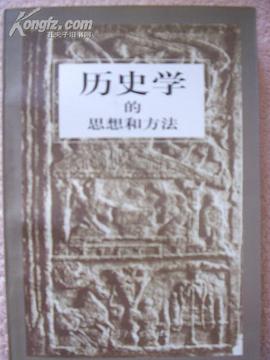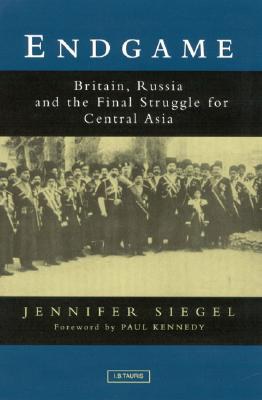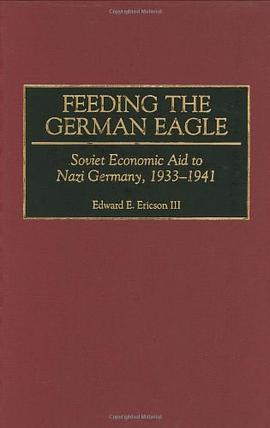

具体描述
The story of Hitler and Stalin's marriage of convenience has been recounted frequently over the past 60 years, but with remarkably little consensus. This English-language study analyzes the development, extent and importance of the Nazi-Soviet economic relationship from Hitler's ascension to power to the launching of Operation Barbarossa in June 1941. It highlights the crucial role that Soviet economic aid played in Germany's early successes in World War II. When Hitler's rearmament efforts left Germany dangerously short of raw materials in 1939, Stalin was able to offer valuable supplies to oil, manganese, grain and rubber. In exchange, the Soviet Union would gain territory and obtain the technology and equipment necessary for its own rearmament efforts. However, by the summer of 1941, Stalin's well-calculated plan had gone awry. Germany's continuing reliance on Soviet raw materials would, Stalin hoped, convince Hitler that he could not afford to invade the USSR. As a result, the Soviets continued to supply the Reich with the resources that would later carry the Wehrmacht to the gates of Moscow and nearly cost the Soviets the war. The use in this study of neglected source material in the German archives should help resolve the long-standing debate over whether Stalin's foreign policy was one of expansionism or appeasement.
作者简介
目录信息
读后感
评分
评分
评分
评分
用户评价
相关图书
本站所有内容均为互联网搜索引擎提供的公开搜索信息,本站不存储任何数据与内容,任何内容与数据均与本站无关,如有需要请联系相关搜索引擎包括但不限于百度,google,bing,sogou 等
© 2025 book.quotespace.org All Rights Reserved. 小美书屋 版权所有

